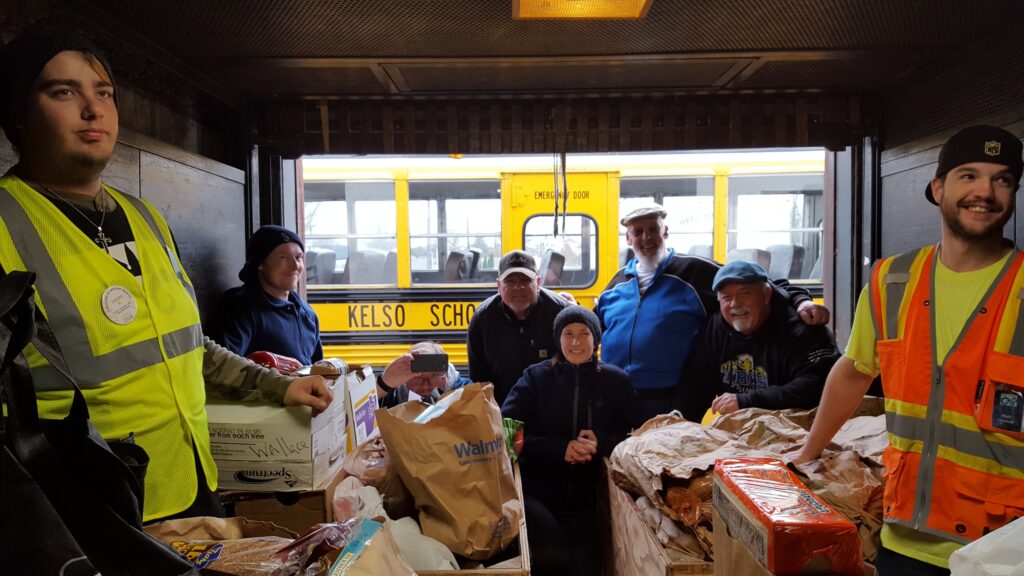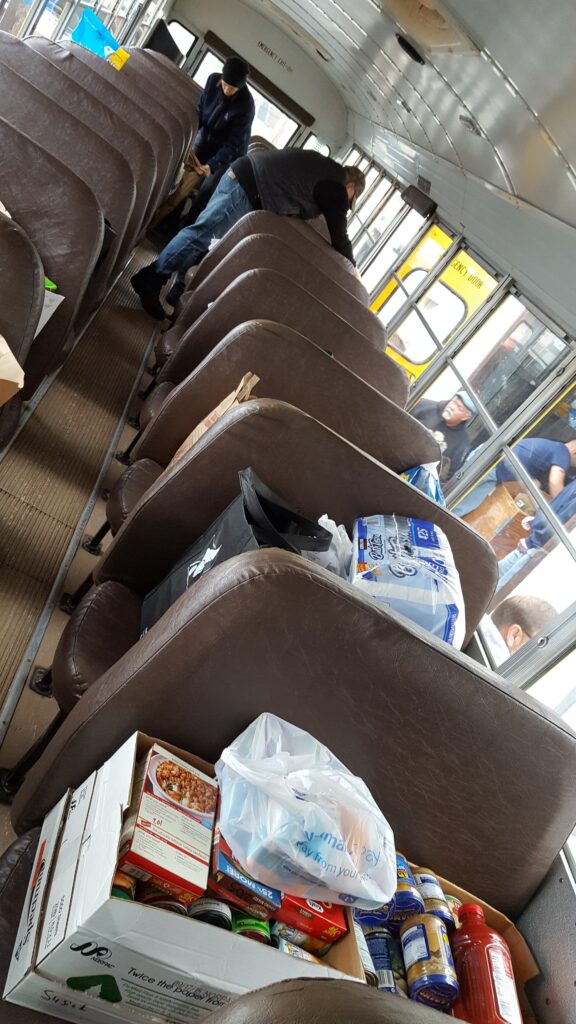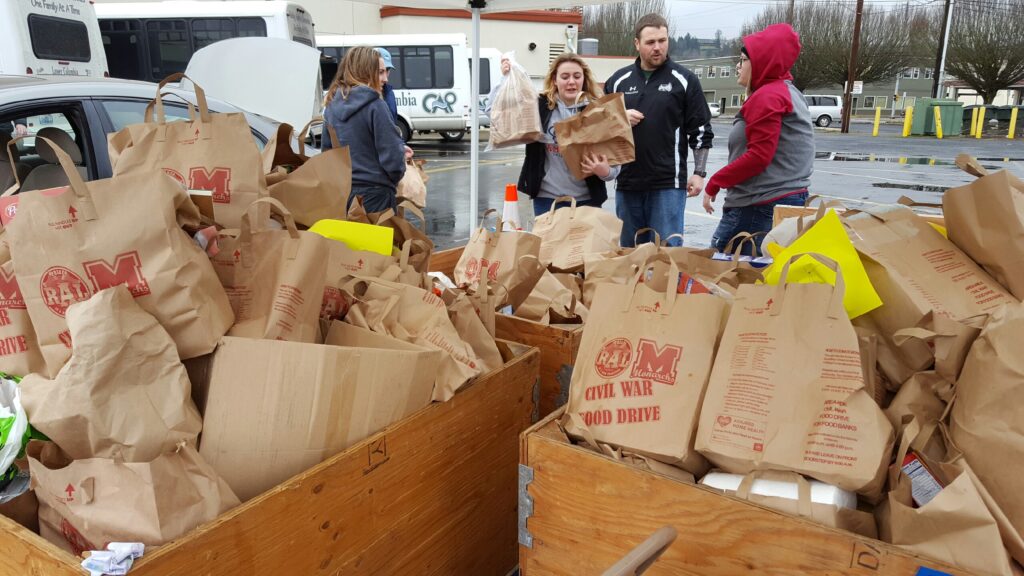Budget battles on the federal and state levels are causing difficulties for local social service organizations, which might have to reduce programs that serve the community’s most needy.
The Lower Columbia Community Action Program is among the handful of area agencies searching for ways to reduce expenses and keep programs going, but it must play the waiting game until the availability of federal and state money is determined.
For 2013, CAP budgeted $4.1 million from the federal government and $1.3 million from the state. It remains unknown if CAP will get all the money, CAP Executive Director Ilona Kerby said.
The across-the-board, $1.2 trillion cuts to the federal budget over a 10-year time period, known as sequestration, went into effect March 1 when Congress failed to approve a plan for deficit cuts.
Three months later, it’s too soon to measure the full impact of sequestration, a budget-cutting plan that was supposed to be so undesirable that it would force both sides on Capitol Hill to come up with something better. That didn’t happen.
Bills have been introduced to spare certain groups, such as cancer patients, from the cuts’ effects. Others have been exempted. Congress, for example, passed a measure putting air traffic controllers back to work after flights were delayed around the country.
Most social service agencies across the country, however, are still searching for a solution.
At CAP, directors said they may reduce community lunches to once a week at the Longview, Castle Rock and Rosburg locations. CAP’s five other community lunches — in Kalama, Ryderwood, Kelso, Woodland and Cathlamet — are already served once a week.
“It’s the low-hanging fruit. Cutting that second day would impact those three sites,” said Tammy Davies, program manager of senior services and nutrition.
Other senior services, such as Meals on Wheels, may also see service reductions, which Davies said is frustrating for the CAP staff to witness.
“There is a slight chance, due to funding cuts, we will not be able to serve as many people as we do,” Davies said. “When you see a need in the community and you can’t fill that need, it’s hard on the staff. That need is just going to get bigger.”
More pressing than the sequester is the uncertainty of state funding as the Washington Legislature entered its second extra session last week. If a budget isn’t passed by July 1, state-funded nonprofit programs will lose their money.
“If the budget doesn’t pass, it will have a huge impact in our community,” Kerby said. “We’re still assessing and watching what’s happening at the Legislature. Until the state budget is determined, we don’t know what resources we’re working with.”
Head Start — a nationwide program for low-income children and their families — already had its budget slashed and will serve 1,200 fewer Washington students in 2013 than it did in 2012.
Lower Columbia College Head Start laid off two staff members, reduced work hours for everyone and served 17 fewer students.
However, LCC Head Start/ECEAP Director Sandy Junker said she’s hoping the state budget will restore those cuts.
“I’m hopeful. We’re waiting to see what’s going to happen,” Junker said. “Our state Legislature is talking about ECEAP (Early Childhood Education and Assistance Programs). We’re hoping for not only the expansion of slots to serve more low-income children, but also an increased slot rate.”
Longview Housing Authority faced similar budget cuts, along with the Women, Infants and Children (WIC) supplemental nutrition program and battered women’s shelters nationwide.
CAP officials are looking at all programs to see how feasible it would be to operate some services without state money, Kerby said.
“Without resources, there’s not much we can do. The dollars are specific to programs. If we don’t have the dollars for the program, that’s it,” Kerby said. “Nobody likes to go through this state of uncertainty, especially for staff and for clients.”



